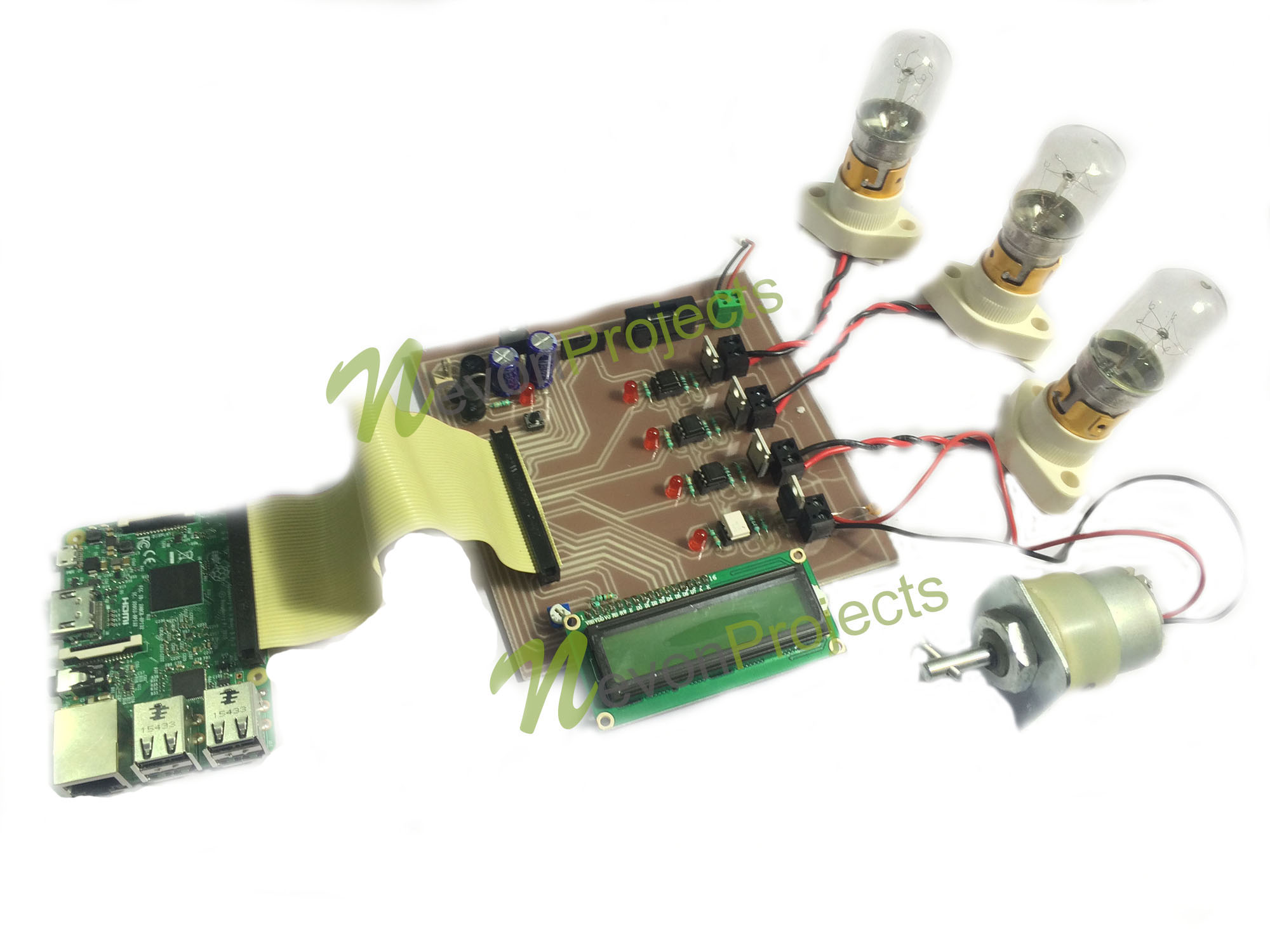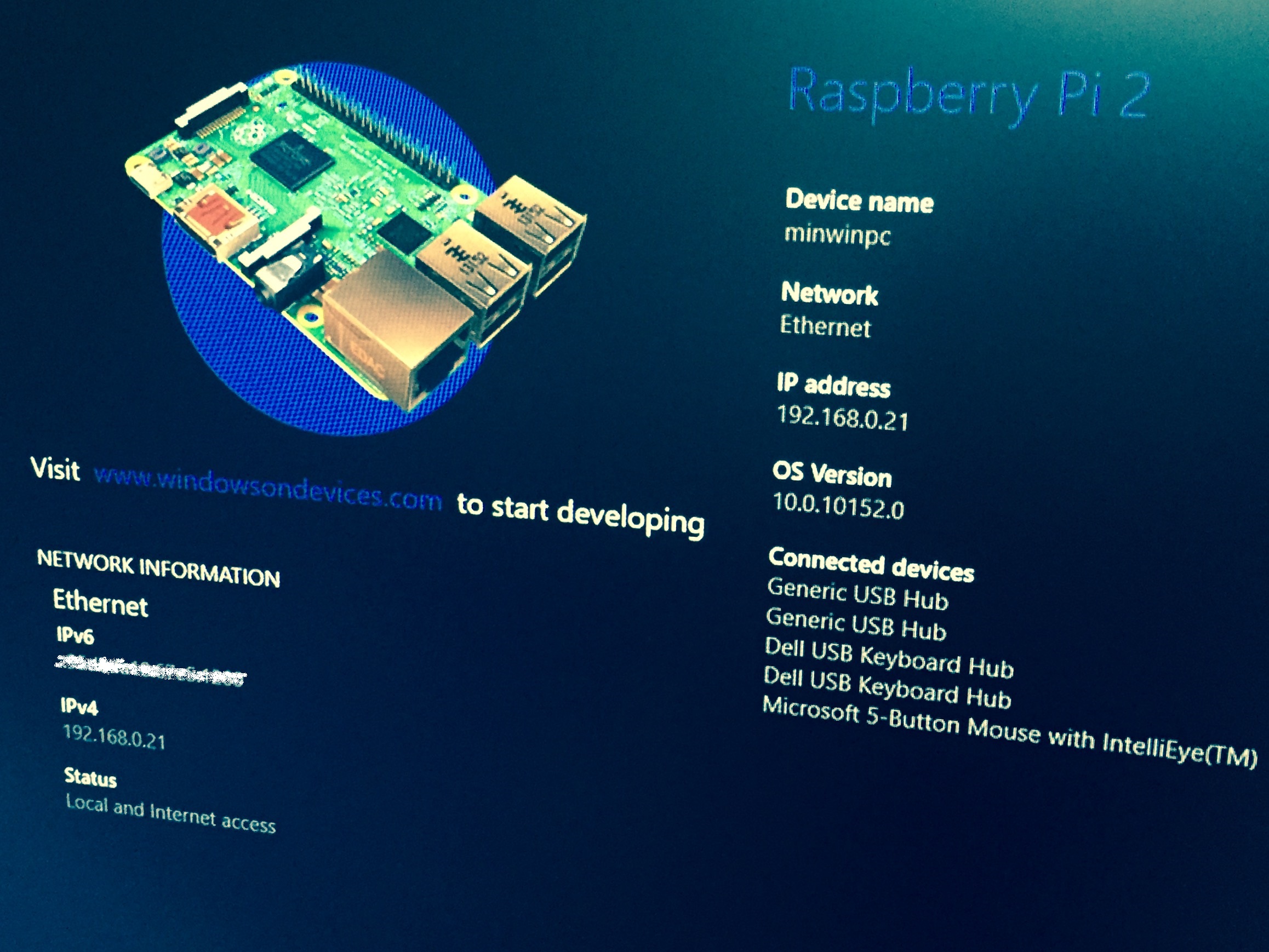🤖 AI-Generated Content
This content has been created using artificial intelligence. While we strive for accuracy, please verify important information independently.
When you are working with small computers, like a Raspberry Pi, for Internet of Things (IoT) projects, keeping them safe and sound is a really big deal. Making sure your devices talk to each other without anyone listening in, or messing things up, makes all the difference for how well your projects run. You see, getting your tiny computer to link up with a virtual private cloud, or VPC, is a pretty important move for keeping your IoT ideas working as they should, and that, is that.
Many folks wonder how to get their little Pi gadgets to connect safely from far away, especially when they need to pull down files or set things up on a computer like one running Windows, for instance. This write-up, you know, will show you some easy steps to get your remote IoT systems, including your Raspberry Pi, talking to a VPC in a way that feels secure. We will talk about how to make sure your connections are private, even when you are trying to securely connect remote IoT VPC Raspberry Pi download options for your own use.
It might seem a bit tricky at first, getting everything to line up just right, but we will go through it together. We will cover how to use special ways to connect, like SSH, and how these connections help keep your data private as it travels, which is actually pretty cool. You will get a good sense of how to manage your Pi-based IoT stuff from a distance, and how to get those important files, perhaps even a version of Windows, onto your device, more or less, without a hitch.
Table of Contents
- What is a Virtual Private Cloud and Why Care?
- Why Securely Connect Remote IoT VPC Raspberry Pi Download Matters
- Setting Up Your Raspberry Pi for Remote Access
- How Do You Securely Connect Remote IoT VPC Raspberry Pi Download to a VPC?
- What About SSH Tunneling for Secure Remote IoT VPC Raspberry Pi Download?
- Can You Really Download Windows for Your Raspberry Pi Setup?
- Best Practices for Securely Connecting Remote IoT VPC Raspberry Pi Download
- Making the Most of Your Secure Remote IoT VPC Raspberry Pi Download Connection
What is a Virtual Private Cloud and Why Care?
A virtual private cloud, or VPC, is like having your very own section of a big, shared public cloud service, you know, just for your stuff. Picture a large building with many different offices inside; a VPC gives you your own office space, with its own lock and key, even though it's part of a bigger structure. This means your data and devices stay separate from everyone else's, which is a pretty good thing when you are dealing with important information. It gives you a lot of say over who can get in and what can happen inside your private space, so, too it's almost like having your own little data center.
For small devices, like your Raspberry Pi, that are part of an Internet of Things setup, this separation is a big help. These tiny computers often send and receive bits of information that might be sensitive, or they might control things that you want to keep private. By putting your Raspberry Pi inside a VPC, you make sure that its communications happen over a private path, not just out in the open internet for anyone to peek at. This separation makes it much safer to securely connect remote IoT VPC Raspberry Pi download processes or simply manage your devices from far away, which is actually pretty neat.
Think about it this way: without a VPC, your Raspberry Pi might be sending its data across public roads where anyone could potentially see it. With a VPC, it's like building a private tunnel for your data, directly from your Raspberry Pi to where it needs to go, all within the cloud provider's system. This keeps things much tidier and, more importantly, much safer. It helps keep your IoT projects running smoothly, and you can feel better about the safety of your information, as a matter of fact.
- Russian Lathe Accident
- Horsh Miting
- Aditi Mistry Nipples
- Piper Rockelle Ai Nudes
- Michelle Obama Transsexual
Why Securely Connect Remote IoT VPC Raspberry Pi Download Matters
Putting safety first for your Internet of Things projects, especially when they involve small computers like a Raspberry Pi, is not just a nice idea; it is a must. If your IoT devices are not well-protected, they can become easy targets for people with bad intentions. This could mean your data gets stolen, your devices stop working the way they should, or even worse, they could be used to cause trouble elsewhere. So, making sure your connections are private and safe is a very important part of making sure your IoT ideas work out well, you know.
When you securely connect remote IoT VPC Raspberry Pi download capabilities, you are building a strong wall around your information. This means that when your Raspberry Pi sends data, or when you pull files down to it, that information travels through a private pathway that is much harder for outsiders to get into. This kind of protection helps keep your data honest and true, making sure it does not get changed or messed with on its way. It also keeps your devices from being taken over, which is something you definitely want to avoid, as a matter of fact.
Consider the process of getting software or other important items onto your Raspberry Pi from a distance. If you are doing this over an open connection, those files could be intercepted, or even swapped out for something harmful. But with a secure connection through a VPC, you can be much more confident that the files you are getting are the ones you intended to get, and that they have not been tampered with. This peace of mind is pretty valuable, especially when you are counting on your IoT setup to do important jobs, in a way, every day.
Setting Up Your Raspberry Pi for Remote Access
Before you can securely connect remote IoT VPC Raspberry Pi download processes, you first need to get your little computer ready for talking to things far away. This usually starts with putting the right operating system on your Raspberry Pi, something like Raspberry Pi OS, which is basically its brain. Once that is on there, you will want to make sure everything is up to date, like getting all the latest fixes and improvements. This step is a bit like making sure your car has gas and oil before you go on a long trip, you know, just getting the basics sorted out.
A key part of getting your Raspberry Pi ready for remote talks is turning on something called SSH. SSH stands for Secure Shell, and it is a way to get into your Raspberry Pi's command line from another computer, even if that computer is far away. It sets up a safe, encrypted link, meaning that whatever you type or send through it is scrambled so only your Raspberry Pi and your computer can make sense of it. This is a very important step for making sure your remote interactions are private, so, too it's almost like having a secret code for your conversations.
After you have SSH going, you might also want to check your Raspberry Pi's network settings. This could mean giving it a fixed address on your local network, which makes it easier to find later, or making sure it can talk to the internet. These initial steps are all about laying the groundwork, getting your Raspberry Pi ready to play its part in your remote IoT setup. It is all part of making sure you can securely connect remote IoT VPC Raspberry Pi download files and manage things from wherever you are, which is pretty handy, in some respects.
How Do You Securely Connect Remote IoT VPC Raspberry Pi Download to a VPC?
Getting your Raspberry Pi to talk to a virtual private cloud involves a few steps, and it starts with setting up the VPC itself. This usually means going into your cloud provider's control panel, like Amazon Web Services, and telling it you want a new private section. You will set up things like the range of addresses your devices will use within that private space, and how it connects to the wider internet, but in a controlled way. It is a bit like drawing the boundaries for your private office in that big building, so, you know, you know where your space begins and ends.
Once your VPC is set up, the next part is getting your Raspberry Pi to join that private network. This can be done in a few ways. One common method is using a virtual private network, or VPN, connection. This creates a secure tunnel from your Raspberry Pi directly into your VPC, making it feel as if your Pi is sitting right there in the cloud with your other private resources. This is a very good way to securely connect remote IoT VPC Raspberry Pi download activities, because all the traffic goes through this private path, which is actually quite reassuring.
Some cloud services also offer specific ways to bring small devices, like those used for "RemoteIoT" setups, directly into their VPCs. This might involve special software or configurations that make the process smoother. The main idea is to make sure your Raspberry Pi is not just connected to the internet, but specifically connected to *your* private part of the internet within the cloud. This way, any data it sends or receives, including any files you might securely connect remote IoT VPC Raspberry Pi download, stays within that protected area, which is pretty smart, as a matter of fact.
What About SSH Tunneling for Secure Remote IoT VPC Raspberry Pi Download?
SSH tunneling is a really clever trick that adds an extra layer of safety to your remote connections, especially when you are working with a Raspberry Pi inside a VPC. Think of SSH as a secure phone line, where everything you say is scrambled. An SSH tunnel takes that idea and extends it, making a secure pathway through that phone line for other kinds of data. It is like putting a smaller, private tube inside your already secure phone line, just for specific information, which is a bit like magic, you know.
When you use SSH tunneling, you can send traffic that might normally be less secure, like data from a certain program, through your very safe SSH connection. This means that even if that program itself does not have strong safety features, the information it sends is still protected because it is traveling inside the SSH tunnel. This is super helpful for tasks like managing your Raspberry Pi from a distance or moving files back and forth, making sure that every bit of data you securely connect remote IoT VPC Raspberry Pi download stays private, so, too it's almost like having a secret passage.
For example, if you need to reach a specific service running on your Raspberry Pi that is only meant to be used within your VPC, an SSH tunnel can let you access it from your home computer without exposing that service to the wider internet. It basically makes a direct, safe link between your computer and that specific service on your Pi, through the VPC. This method is a really good way to keep your remote
Additional Resources
Visual Content



Disclaimer: This content was generated using AI technology. While every effort has been made to ensure accuracy, we recommend consulting multiple sources for critical decisions or research purposes.
